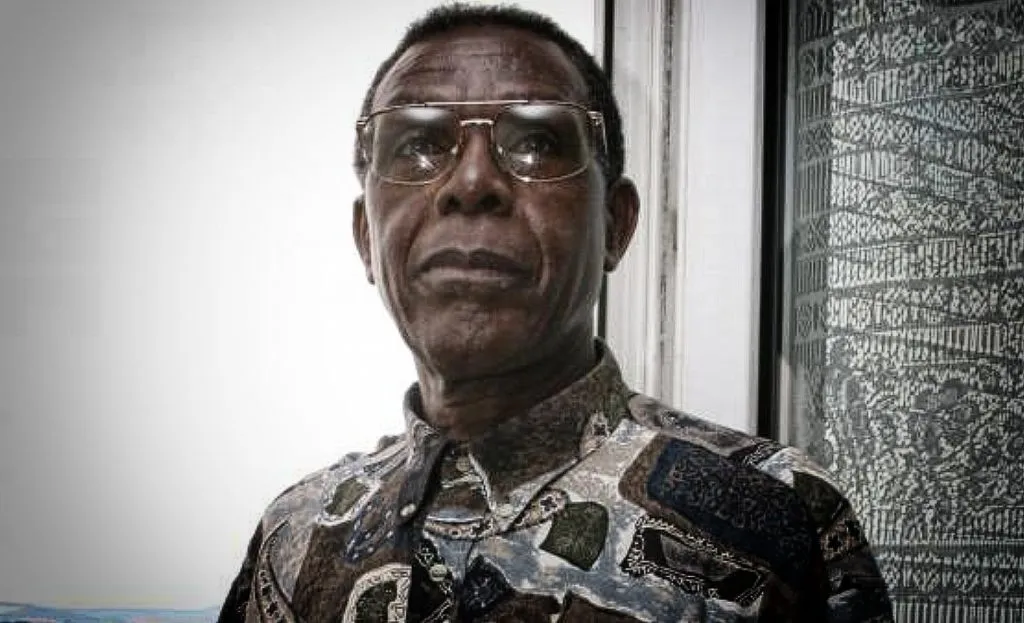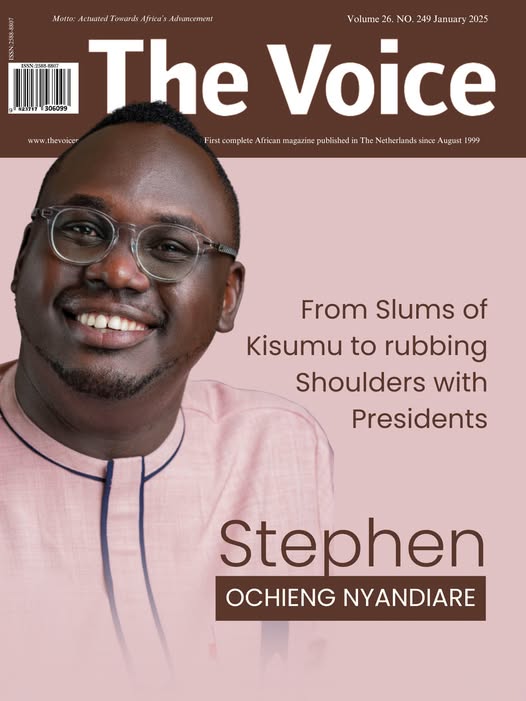78 year old Laurent Bucyibaruta bags 20 year jail term for complicity in Rwandan Genocide

The former Rwandan prefect, Laurent Bucyibaruta, has been sentenced to 20 years in prison for complicity in genocide.
The verdict comes more than 28 years after the Tutsi genocide of 1994 when he was head of the Gikongoro prefecture in western Rwanda.
After nearly eleven hours of deliberation at The Court of Assize in Paris, the 78-year-old was acquitted as a perpetrator of genocide.
But he was found guilty as an accomplice to genocide and crimes against humanity for four massacres.
Bucyibaruta, whose trial began on May 9th, was the highest-ranking Rwandan official ever tried in France for crimes related to the Tutsi genocide.
He has always denied his involvement in the genocide. The former prefect has been in France since 1997 and was under judicial supervision He will now spend the night in prison.
Bucyibaruta now has ten days to appeal his conviction. His lawyers declined to comment.
Complicit in genocide
This region of southern Rwanda was one of the hardest hit by the genocide which killed at least 800,000 people in the country between April and July 1994, according to the UN.
The court acquitted Laurent Bucyibaruta of charges of genocide and crimes against humanity committed at the parish of Kibeho on April 14, 1994, as well as those relating to the executions of Tutsi prisoners, including three priests, at Gikongoro prison.
The public prosecutor had asked for an acquittal for these last facts.
The magistrates and the jurors recognised him as complicit in genocide and crimes against humanity for the massacres of the school under construction of Murambi and the parishes of Cyanika and Kaduha, which left some 75,000 dead on April 21, 1994.
Bucyibaruta is also sentenced for complicity in the executions of students at the Marie Merci school in Kibeho, and those committed at roadblocks.
The court decided that there were “not sufficient elements to say that he had given instructions”, for the acts committed at the parish of Kibeho, nor that he then knew “the full extent of the genocidal plan” at work.
Laurent Bucyibaruta has ten days to appeal. His lawyers declined to comment.
“Half FIG half grape”
After twenty years…I have the impression that it is a half-fig half-grape sentence,” Alain Gauthier, president of the Collective of the civil parties for Rwanda (CPCR) said.
The defence had asked the court to make “the choice of courage” by acquitting an official “isolated and without strength” to prevent the massacres in his prefecture of Gikongoro.
During the nine weeks of debates, Bucyibaruta constantly minimised his importance in the hierarchical chain and the means at his disposal to prevent the killings, repeating that he had been “overwhelmed by events”.
But the general attorney said he was “an essential cog, without which the murderous machine could not have been implemented.” If he “did not kill anyone”, the ex-official “has on him the blood of all the victims killed in Gikongoro”.
In his last words to the court, the accused insisted that he had “never been on the side of the killers” and expressed his “remorse” for not having “been able to save” the Tutsi from his prefecture.
Bucyibaruta fled Rwanda after the end of the genocide on July 23, 1994. He has lived in France since 1997, in the suburbs of Troyes.
He had been under investigation since 2000.
The International Criminal Tribunal for Rwanda (ICTR) had for some time demanded that Bucyibaruta be put on trial, but he finally relinquished jurisdiction in favour of the French courts.
He was the highest Rwandan official ever tried in France for crimes related to the Tutsi genocide.





